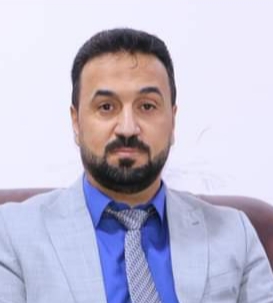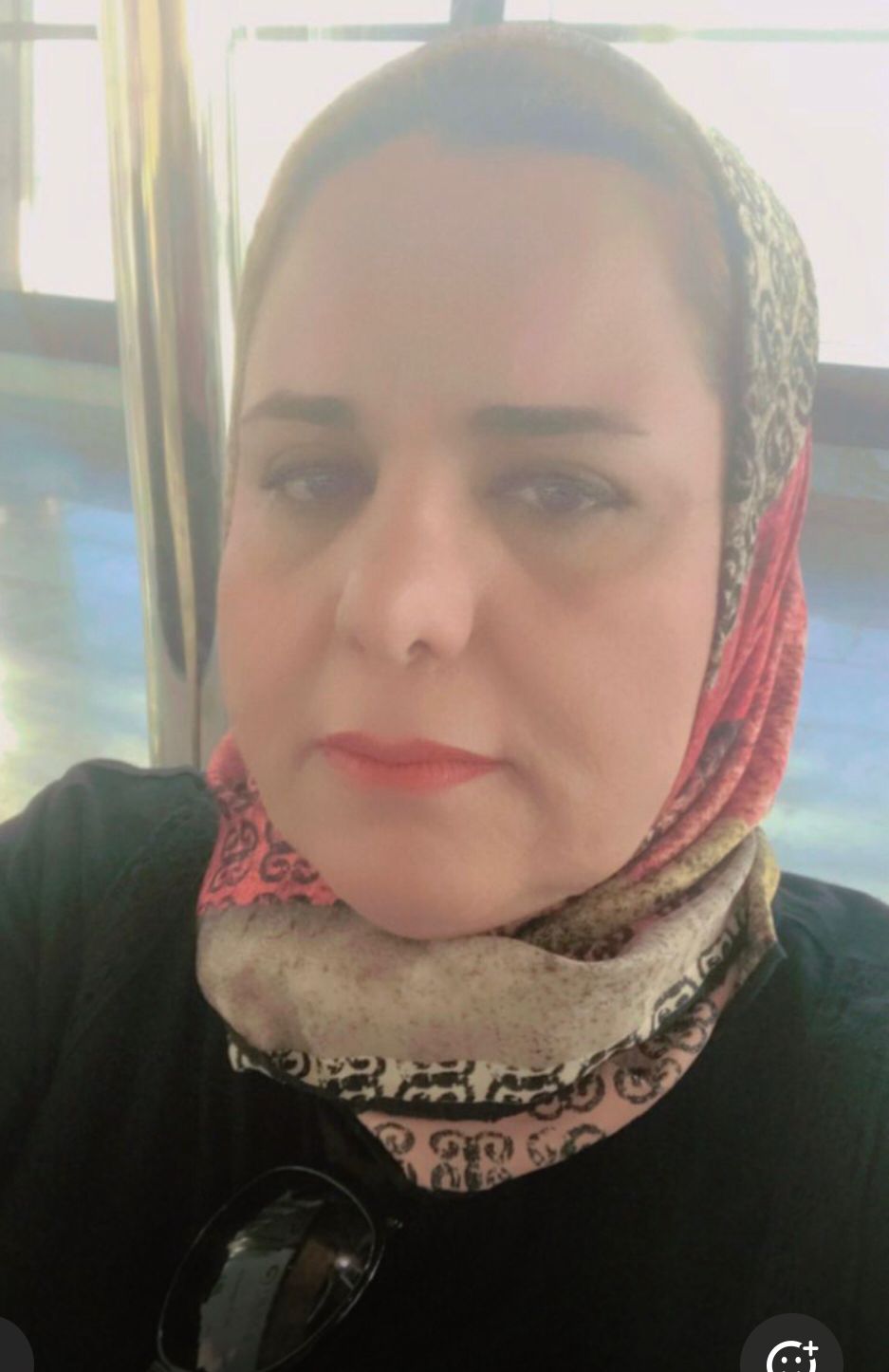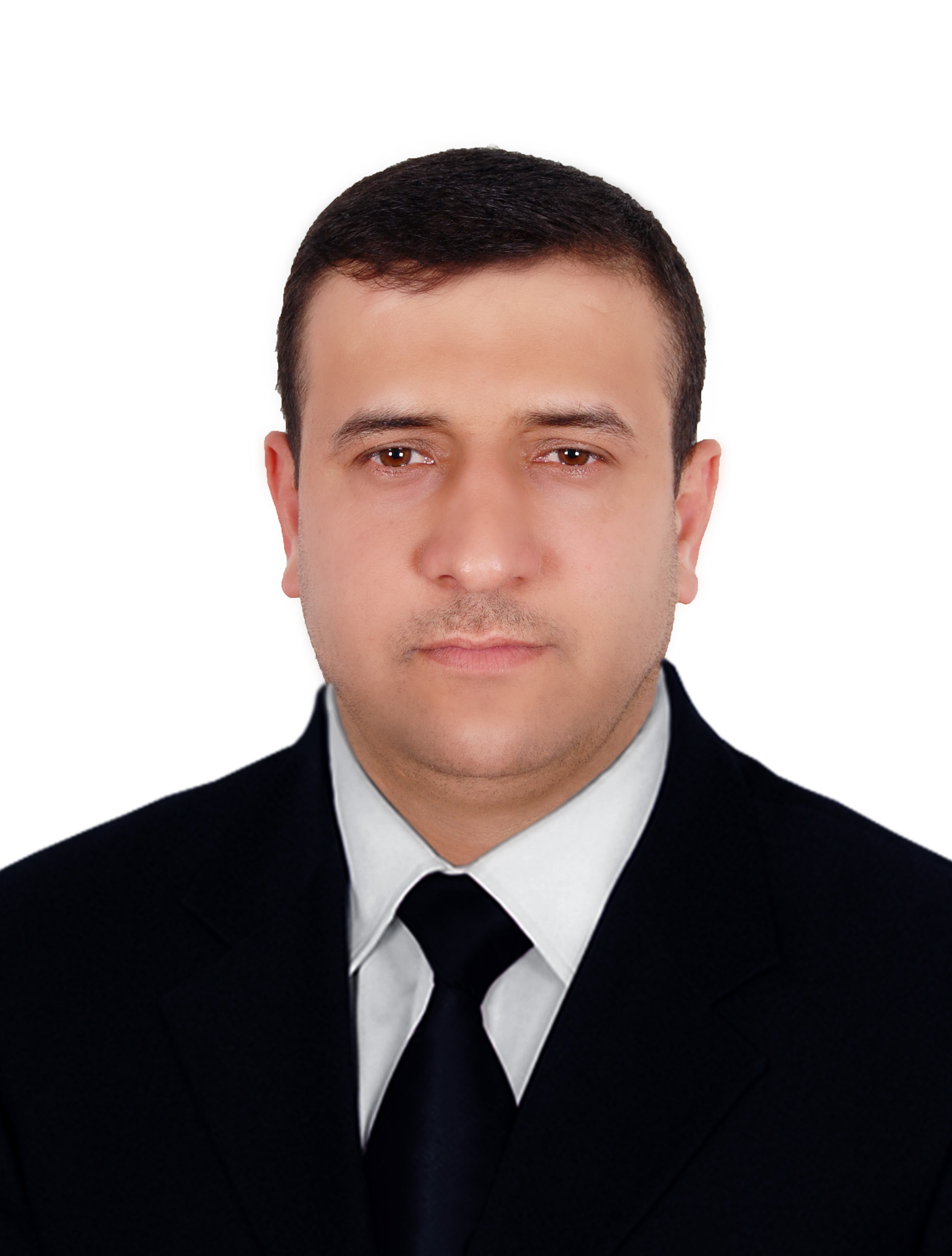Journal Information
Journal of Al_Anbar University for Language and Literature
Volumes and Issues
2025
Volume 17, Issue 4
Published: December 2025Volume 17, Issue 3
Published: September 2025Volume 17, Issue 2
Published: June 2025Volume 17, Issue 1
Published: March 20252024
Volume 16, Issue 4
Published: December 2024Volume 16, Issue 4
Published: December 2024Volume 16, Issue 3
Published: September 2024Volume 16, Issue 2
Published: June 2024Volume 16, Issue 1
Published: March 20242023
Volume 15, Issue 4
Published: December 2024Volume 15, Issue 3
Published: September 2023Volume 15, Issue 2
Published: June 2023Volume 15, Issue 1
Published: March 20232022
Volume 14, Issue 4
Published: December 2023Volume 14, Issue 3
Published: September 2022Volume 14, Issue 2
Published: June 2022Volume 14, Issue 1
Published: March 20222021
Volume 13, Issue 4
Published: December 2024Volume 13, Issue 3
Published: September 2021Volume 13, Issue 2
Published: June 2021Volume 13, Issue 1
Published: March 20212020
2019
2018
2017
Volume 9, Issue 3
Published: December 2017Volume 9, Issue 2
Published: November 2017Volume 9, Issue 1
Published: March 20172016
2015
Volume 7, Issue 4
Published: December 2015Volume 7, Issue 3
Published: August 2015Volume 7, Issue 2
Published: May 2015Volume 7, Issue 1
Published: November -00012014
Volume 6, Issue 4
Published: June 2014Volume 6, Issue 3
Published: July 2014Volume 6, Issue 2
Published: June 2014Volume 6, Issue 1
Published: June 20142013
Volume 5, Issue 4
Published: November 2013Volume 5, Issue 3
Published: August 2013Volume 5, Issue 2
Published: June 2014Volume 5, Issue 1
Published: November -00012012
Volume 4, Issue 3
Published: November 2012Volume 4, Issue 2
Published: July 2014Volume 4, Issue 1
Published: March 20122011
2010
2009
About the Journal
Description
The Anbar University Journal of Language and Literature (AUJLL) is issued by the College of Arts at the University of Anbar, operating under the Creative Commons 4.0 International License (CC-BY). Since 2009, the journal has consistently released four issues per year on the 30th of March, June, September, and December.
AUJLL focuses on publishing high-quality, peer-reviewed research in various languages, including English, French, Russian, Italian, Spanish, Arabic, and Hebrew. It is specializes in studies related to language, liter
Journal Scope
- Policy:
The editorial board welcomes contributions that provide insights into key issues dealing with studies of Arabic, English and European languages and literatures in multilingual contexts in the fields of language, linguistics, and literature. Our policy is to enable the advancement of knowledge by providing a medium of dissemination that prioritizes insightful research into multiethnic encounters and interactions. While the ultimate goal of the journal is to create cultural, linguistic and literary awareness. The journal welcomes qualitative contributions that resonate with Arab and international interaction in the field of languages and literature.
- Open Access Policy:
This journal provides open and direct access to its content based on the knowledge of the public domain of researchers and the journal\'\'\'\'s belief in the dissemination of culture, thought and philosophies among the various classes of readers.
- The process of reviewing and critiquing writings.
- The review process takes one to two months. Each submission will be subject to the following review process:
- Technical examination and verification of the scientific content of the research article, and follow-up of the researcher\'\'\'\'s commitment to the terms of publication.
- The review of two arbitrators, sometimes there is a need for a third arbitrator.
- Review by the author of the comments and directions decided by the editor-in-chief and members of the committee.
- Written Examination (Linguistic - Article in its final form).
- Initial decision.
- Payment of publication fees.
- Comprehensive review of the research article before submitting it for publication.
- Informing the author with a formal letter of the final acceptance.
- Final publication
- Issues are published four times a year (March, June, September and December).
- Online submissions. No research is received except through the journal\'\'\'\'s website (https://www.aujll.uoanbar.edu.iq/).
- Copyright
- If the article is accepted for publication, copyright for this article will be granted to Anbar University Press.
- Privacy Statement
- The names and e-mail addresses entered on this site will be used for the purposes mentioned in this journal and will not be circulated or made available for any other purpose or to any other party.
- This journal is hosted by:
University of Anbar - Iraq
Open Access Policy
We at the University of Anbar Journal of Languages and Literature believe that science, education, culture, and literature are the common heritage of humanity. They are the source of saving humanity and the inspiration for the human being, the keys to life in this universe. However, we respect intellectual property rights because they are the right of the author. The choice was to make this knowledge and culture publicly accessible through an open access publishing policy. In doing so, we do not take the author\'s right to the content, as the research and its rights remain with the author (the research). Furthermore, this is not against the policy of open access, but rather an opportunity to share those rights with the publisher who has granted permission to transfer and share those works and catalog them on a large scale. Our research is published under a Creative Commons license.
Maintaining open access without any public funds is impossible, but since 2009 the journal believes in open access to to researches without any Governmental and Non- Governmental participation in our core process. We adopted a pay-per-article model and successfully lead the journal with advancements. The process of preservation is quite hard and we are trying for digital preservation through certified programs available.
Always a hard copy is available for dissemination with the journal publisher as a safety stock. This would make us launch the e-content even if all possibilities are locked.
We have also indexed our content in many file-sharing, abstracting, and indexing services that would be available online for free download.
Why Open Access Periodicals?
Easy Availability
- We can easily get the article on search as the whole text is freely available online.
- Researchers can use the text unrestricted.
- The researchers are allowed to build their own concepts on the existing articles which may lead to extended commentary on the subject.
- Rather than the classical print journals, the availability of the e-form made many access the content in an easy mode.
No fees for readers
- Open Access costs nothing for an author to read, comment, download and use the text from a journal.
- This provides and satisfies the need of a researcher who is not with a fat wallet.
- This is the right way to enrich the world without any toll process, whereas the latter delimits the reader with his/her economic status.
Content sharing
- We freely share the content in all possible modes under the banner of Open Access.
- The possibility of repeating research and wasting time on identified matters is limited here due to open access.
- Due to high indexing possibilities, the open-access concept has gained much more reverence in sharing the needed content throughout the world.
Improved educational possibilities
- Open access provides a platform for professors, scientists, and students to access the latest available research without hassle in the process.
- Technology, innovation, and other scientific developments reach the researcher completely and immediately due to the open-access platform
- The availability of content in e-platform and m-platform has increased the
- educational inquisitiveness in young minds, and updating is no more a hard process.
The transition from paper-based to digital:
The journal began its transition from being paper-based to be electronic at the end of 2022, and it is working on improving the quality of research presented to the reader to ensure that it is both easily accessible and comprehensive at the same time
Copyright Notice
Anbar University Journal of Languages and Literature clearly and transparently affirms and commits to the following:
The copyright of the original work is reserved for the content creator and cannot be used or copied until the research has received final acceptance by the journal. This commitment is rooted in an ethical obligation to protect intellectual property.
Under copyright law, a work is considered original if it has been independently created by the author, free from duplication. This type of work is known as an \"Original Work of Authorship\" (OWA).
The researcher is entitled to request the withdrawal and retrieval of their research, but only with the conditional approval of the editor-in-chief.
The researcher is obligated to pay any fees incurred for peer review, which amount to half the publication fee.
The researcher\'s freedom to control the work ends upon agreement to transfer copyright to Anbar University.
Submission is an acknowledgment by the authors that the manuscript has not been previously published and is not under consideration for publication elsewhere.
Authors have the right to deposit their research in global and local repositories after the publication process is completed.
Editorial Board Members
Editor
. Shaima Jabbar Ali Dr. (دكتوراه) , Assistant Professor (استاذ مساعد)
University Anbar/ College of Education for women
Khalil Mohammad Saeed Mukhlif Dr. (دكتوراه) , Professor (استاذ)
University of Anbar- Education College For Women
Mahmoud Jaran Dr. (دكتوراه) , Professor (استاذ)
University of Jordan

Mohamad Yahya Abdullah Dr. (دكتوراه) , Lecturer (مدرس)
University of Anbar-Faculty of Arts
Nadia Naqrash Dr. (دكتوراه) , Assistant Professor (استاذ مساعد)
Assistant Professor of Linguistics/ German as a Foreign Languages/ Department of European Languages

Nihad Fakhri Mahmood Dr. (دكتوراه) , Assistant Professor (استاذ مساعد)
University of anbar - College of Arts Arabic Language
Omar Mohammed Abdullah Dr. (دكتوراه) , Assistant Professor (استاذ مساعد)
University Of Anbar, Education college for Women

Prof. Dr Muna Arif jasim Dr. (دكتوراه) , Professor (استاذ)
College of Languages, University of Baghdad
Taha Shaddad Hamad Dr. (دكتوراه) , Professor (استاذ)
Department of Arabic Language - College of Arts - University of Anbar
Editor-in-Chief

AYSAR MOHAMMED FADHIL AL-Dbow Dr. (دكتوراه) , Professor (استاذ)
university of Anbar
Contact Info
Anbar University Journal of Languages and Literature
https://www.aujll.uoanbar.edu.iq/
Journal e-mail address : aujll@uoanbar.edu.iq
Mob. No. : +964 (0) 7808894359